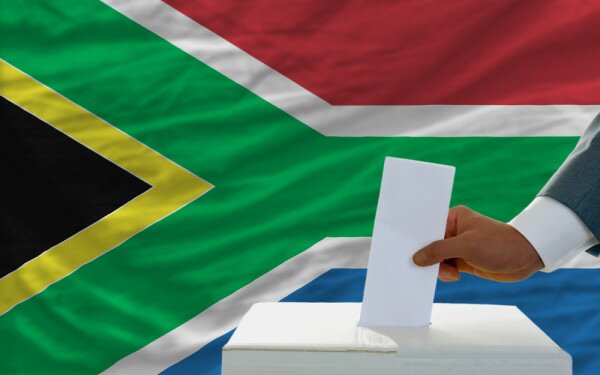
With the South African elections taking place today, HumanIPO takes a look at what the leading three parties are pledging with regards to ICT to entice voters.
African National Congress (ANC)
The key tech related promise of the ANC manifesto this year was a promise to provide free Wi-Fi to all South Africans in urban and rural areas alike, reiterating the economic importance of universal connectivity.
The party – headed up by current president Jacob Zuma, who is standing for re-election – said it aimed to provide “substantial and superfast broadband capacity” to the country’s population, in line with previously propounded promises to achieve 90 per cent broadband penetration by 2020.
The ANC manifesto also underlined the party’s commitment to carrying out the provisions of the newly gazetted National Broadband Policy, Strategy and Plan, which promises to ensure every South African has access to broadband internet at a cost of 2.5 per cent or less of the average monthly income, and seeks to achieve a universal average download speed of 100Mbps by 2030, with yearly targets set through to 2030.
Democratic Alliance (DA)
Opposition party the DA – lead by presidential candidate Helen Zille – heralded ICT as crucial to the country’s future and promised a new regulatory framework to “ensure that broadband capacity improves, that prices fall and that the internet becomes accessible to all”.
The party said it would support private sector initiatives aimed at increasing ICT usage, but also ensure government resources are put to use for infrastructure development and expansion to under-serviced areas.
It also reiterated ideas first set out in its Communications Policy released in January, such as the breakup of state monopolies with a view to increasing competition and bringing down prices in the sector, as well as the privatisation of state-owned entities including the South African Broadcasting Corporation (SABC).
Economic Freedom Fighters (EFF)
Smaller rival party the Economic Freedom Fighters – led by the controversial Julius Malema – focused its tech-related attentions on education, promising to provide South African schools with broadband connectivity, laptops and tablets, with a special urgency placed on schools in rural areas.
Higher education institutions are also marked to receive high-speed quality broadband.
The EFF favours nationalisation, and as such argues in favour of maintaining state-owned entities such as the SABC and Telkom, although it promises a change in the running of such enterprises based on a “model of greater worker ownership and control of the enterprises”.
Looking to keep up to date with all the events from the South African election? The Independent Electoral Commission (IEC) has launched a number of apps, including a mobile game, while Google has provided a portal dedicated to coverage of the vote.
Image courtesy of Shutterstock.

















